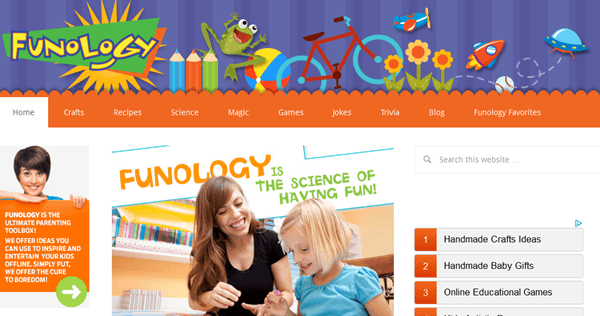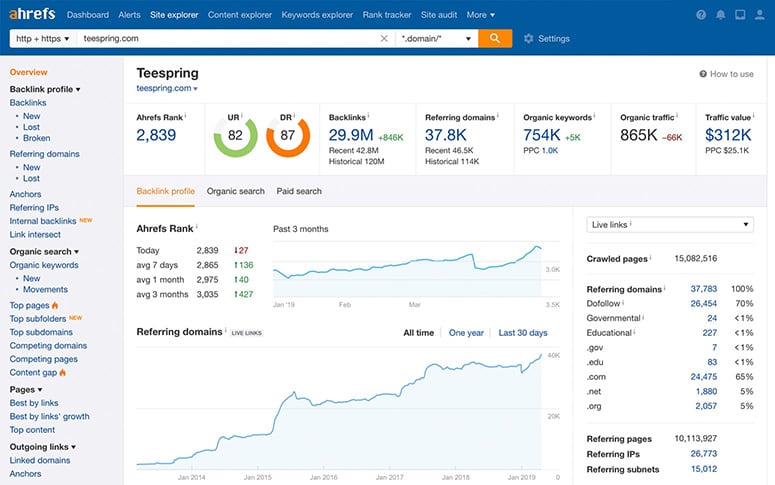PPC Quality Matters
In the vast and complex world of digital marketing, Pay-Per-Click (PPC) advertising stands out as a highly effective method for businesses to reach their target audience. However, the success of PPC campaigns is heavily dependent on the quality of the advertisements, landing pages, and overall user experience. The concept of quality in PPC is multifaceted, involving not just the relevancy and appeal of the ads themselves, but also how well they align with the needs and expectations of the potential customers. When PPC quality matters, it’s because it directly impacts the return on investment (ROI) for advertisers, influencing how much they pay for each click, the visibility of their ads, and ultimately, their conversion rates.
Understanding PPC Quality Score
At the heart of Google Ads, the most popular PPC platform, is the Quality Score. This is a dynamic metric that assesses the quality of PPC ads, assigning a score from 1 to 10. The Quality Score is determined by three key components: the expected click-through rate (CTR), ad relevance, and landing page experience. A high Quality Score indicates that an ad is highly relevant, useful, and provides a good user experience, leading to better ad positions at lower costs per click (CPC). This scoring system is designed to ensure that users see the most relevant ads, thereby enhancing their search experience.
Importance of Ad Relevance
Ad relevance refers to how well an ad matches the user’s search query and the content of the landing page. Creating ads that are tailored to specific keywords and providing clear, compelling messaging that aligns with what users are searching for is crucial. Irrelevant ads not only fail to convert but also alienate potential customers and waste advertisers’ budgets. By focusing on relevance, advertisers can ensure that their messages resonate with their target audience, increasing the likelihood of clicks and conversions.
The Role of Landing Page Experience
A critical yet often overlooked aspect of PPC quality is the landing page experience. This refers to the relevance, usefulness, and overall user experience of the webpage that a user is directed to after clicking an ad. A good landing page should be closely related to the ad’s content, load quickly, be easy to navigate, and provide a clear call-to-action (CTA). A well-designed landing page can significantly improve conversion rates, as it ensures that the user’s expectations, set by the ad, are met and exceeded. Moreover, a positive landing page experience can enhance the brand’s credibility and trust with potential customers.
Technical Optimization for Quality
Beyond the creative aspects of ad copy and landing page design, technical optimization plays a significant role in PPC quality. This includes ensuring that ad tags are correctly placed, that landing pages are mobile-friendly and have fast load times, and that ads are accurately targeted to the right audience at the right time. Utilizing tools like Google Tag Manager for efficient tag management and Google Analytics for insightful data analysis can help advertisers refine their campaigns for better performance.
Content Quality and User Experience
The quality of content, both in ads and on landing pages, is paramount. It should be informative, engaging, and provide value to the user. High-quality content addresses the user’s needs directly, offering solutions or insights that resonate with their search intent. Moreover, the content should be accessible and user-friendly, accommodating different learning styles and preferences. This might involve incorporating multimedia elements, clear headings, and concise paragraphs to enhance readability and engagement.
Balancing Automation and Human Insight
With the advent of automated bidding strategies and AI-driven ad platforms, there’s a tendency to rely heavily on technology to optimize PPC campaigns. While automation can streamline processes and improve efficiency, human insight and judgment are crucial for ensuring that PPC quality remains high. Advertisers must balance the use of automated tools with ongoing monitoring, creative optimization, and strategic decision-making to adapt to changing market conditions, user behaviors, and campaign performance metrics.
Future of PPC Quality
As digital marketing continues to evolve, the emphasis on PPC quality will only intensify. With advancements in AI, machine learning, and data analytics, advertisers will have even more sophisticated tools at their disposal to refine their campaigns. However, amidst these technological advancements, the core principles of PPC quality—relevance, user experience, and value proposition—will remain unchanged. The challenge for advertisers will be to leverage these technologies to enhance their campaigns’ quality, ensuring that each interaction with their brand, from the first ad click to the final conversion, is seamless, meaningful, and memorable.
Practical Steps to Enhance PPC Quality
- Conduct Thorough Keyword Research: To ensure ad relevance, delve deep into keyword analysis to understand search intent and volume.
- Optimize Landing Pages: Regularly assess and improve landing page experience, focusing on relevance, speed, and user engagement.
- Monitor and Adjust: Continuously monitor campaign performance, making adjustments to ad copy, targeting, and bidding strategies based on data insights.
- Leverage Feedback: Use user feedback and reviews to refine ad content and landing page experience, enhancing overall quality and relevance.
- Stay Updated: Keep abreast of the latest trends, best practices, and technological advancements in PPC marketing to continually improve campaign quality.
Conclusion
PPC quality is not merely a metric or a score; it represents the culmination of advertiser effort to provide users with relevant, valuable, and useful experiences through their ads and landing pages. As the digital landscape continues to evolve, prioritizing quality in PPC campaigns will not only enhance user satisfaction but also drive better ROI for advertisers, fostering a more beneficial and sustainable advertising ecosystem. By understanding and incorporating the principles of quality into their PPC strategies, businesses can navigate the complexities of digital marketing more effectively, reaching their audience with precision, relevance, and impact.
What is PPC Quality Score, and why is it important?
+PPC Quality Score is a metric that evaluates the quality of PPC ads based on their relevance, expected click-through rate, and landing page experience. It’s crucial because it affects ad visibility, cost per click, and overall campaign performance.
How can I improve the relevance of my PPC ads?
+Improving ad relevance involves conducting thorough keyword research, ensuring ad copy aligns with search intent, and regularly testing and optimizing ad creatives to enhance user engagement.
What role does landing page experience play in PPC quality, and how can I enhance it?
+Landing page experience is critical as it directly affects the user’s post-click interaction with your brand. Enhance it by ensuring relevance to the ad, improving page load speed, making navigation intuitive, and providing clear calls-to-action.
How do I balance automation with human insight in PPC campaign optimization?
+Balance automation and human insight by leveraging automated tools for data analysis and efficiency, while using human judgment for strategic decisions, creative optimization, and adapting to market changes.
What are the practical steps to enhance PPC quality in my campaigns?
+Practical steps include conducting thorough keyword research, optimizing landing pages, continuously monitoring and adjusting campaigns based on performance data, leveraging user feedback, and staying updated with the latest PPC trends and technologies.

